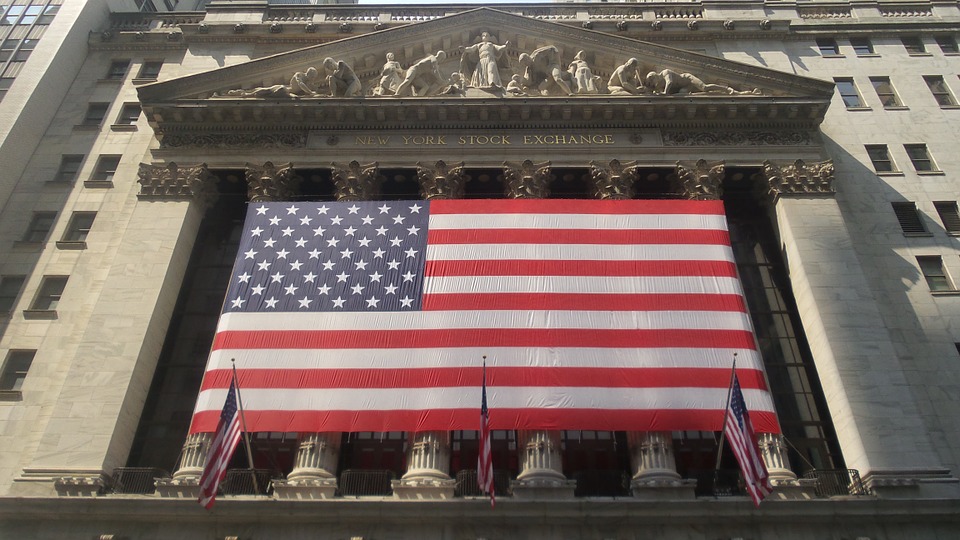Febvre pointed out ket and that this was reported to the historian in one of the "Weeks" of the International Center of historical synthesis) 95. This book reflects the views of the lower classes in history. It was "a starting point for today's professionals' 96. Modern Marxist historian M. Vovel, who is an expert in the "history of social consciousness" of the revolutionary era, 57 J.
Lefebvre also believes this pioneer "of modern approaches to the history of revolutionary consciousness." Calling the "famous" article by J. Lefebvre, "The revolutionary crowd" Hell, he stated that it was in "great fear" historian "is literally opened up to that time unknown phenomenon, setting with almost no "Police investigation" is a pathway of panic, and then offered an explanation, taking into account all the circumstances, ranging from socio-economic crisis and ending with a particular emotional climate era. To deepen your understanding john k castle is the source. " A. Ado, in the work of the peasants, based on the findings of J. Lefebvre, for the first time in Soviet history books give an overall picture of the peasant uprisings in close connection with the waves of panic, "great fear". In his book, and included map of the "great fear" of 1789, extracted from the book by M. Vovelya (La Si1e de 1a topagsYe: 1787 – 1792. Paris, 1972.
– R. 129) 10 . Work J. Lefebvre, "The Great Fear" by historians set out to new challenges, not only to study the events, the facts of the past, but also the people of bygone eras of these facts and events, because "people act in accordance with his understanding of it, therefore, it was the cause of subsequent events." France during the XVIII century.
